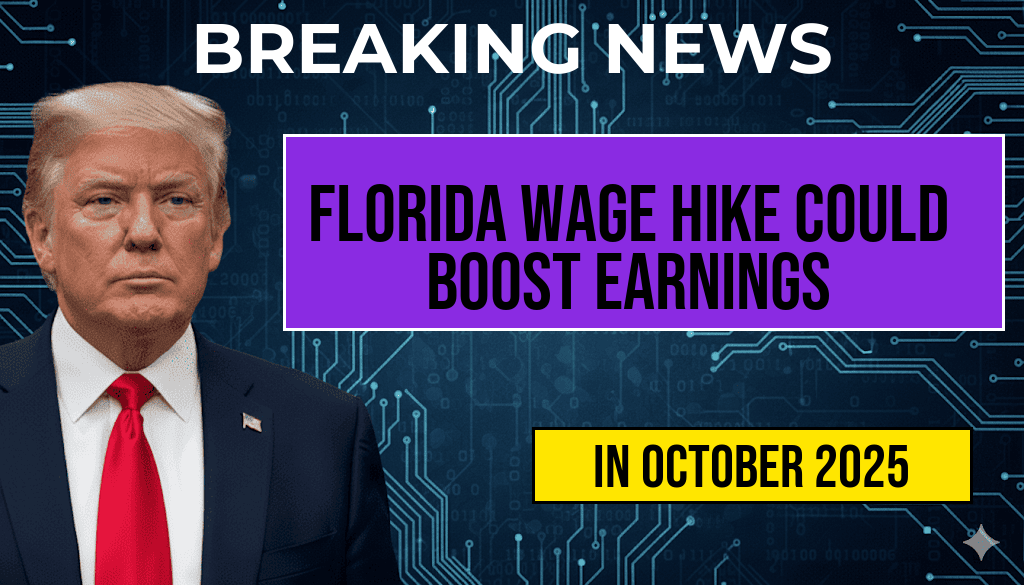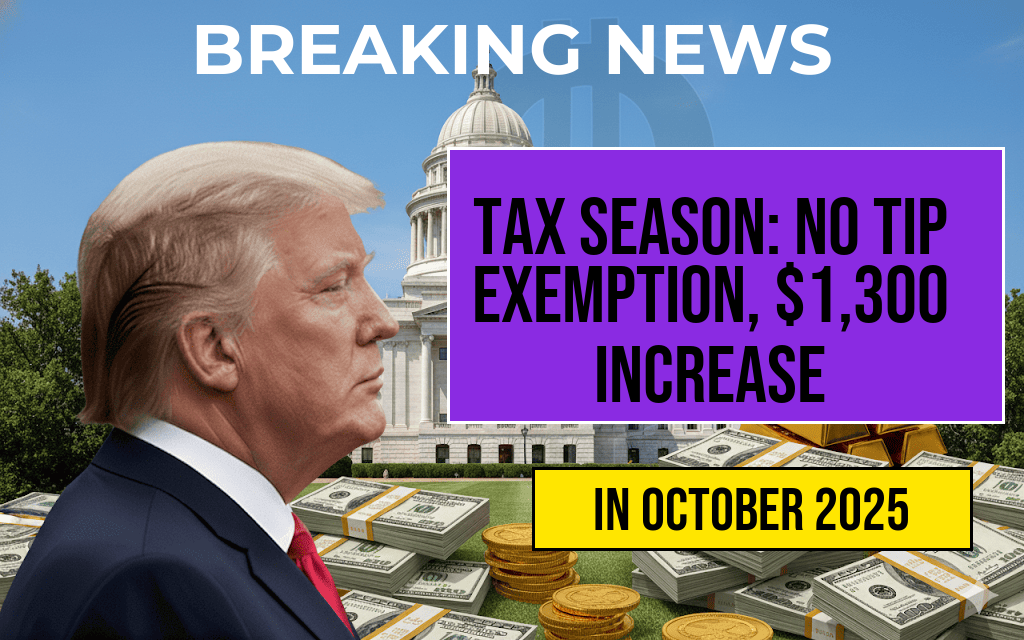Florida’s recent decision to increase its minimum wage could significantly impact the earnings of full-time workers across the state. Starting in September 2023, the hourly minimum wage will rise from $11.00 to $12.00, with subsequent annual increases scheduled through 2026. For full-time employees working 40 hours a week, this adjustment could translate into an additional $2,080 in annual income, assuming no other changes to hours or benefits. This move aligns Florida with broader trends in the U.S. toward raising the minimum wage to address inflation and cost-of-living pressures. Experts suggest that such increases could influence employment patterns, consumer spending, and overall economic growth within the state, highlighting the importance of this policy shift for workers and employers alike.
Overview of Florida’s Minimum Wage Increase
Florida’s minimum wage has been gradually rising since 2020, following voter-approved measures and legislative adjustments. The current increase, which takes effect on September 30, 2023, marks a $1.00 boost from the previous year. Over the next few years, the state plans to continue incrementally raising wages until reaching $15.00 an hour by 2026, aligning with a broader national conversation about living wages and economic equity.
Details of the Wage Schedule
| Year | Minimum Wage |
|---|---|
| 2023 | $12.00 |
| 2024 | $13.00 |
| 2025 | $14.00 |
| 2026 | $15.00 |
The scheduled increases are designed to gradually lift earnings without causing abrupt disruptions in employment or business operations. State officials emphasize that the goal is to improve the standard of living for low-wage workers while maintaining economic stability.
Impact on Full-Time Workers’ Earnings
For a typical full-time worker clocking 40 hours weekly, the wage increase from $11.00 to $12.00 per hour results in a weekly pay rise of $40. Before the increase, annual earnings would be approximately $22,880; after, this figure rises to about $24,960. This represents a $2,080 boost in gross annual income, which could help workers better meet rising housing, transportation, and healthcare costs.
Potential Economic Effects
- Increased consumer spending: Higher wages generally lead to greater disposable income, potentially stimulating local economies and supporting small businesses.
- Workforce stability: Competitive wages may reduce turnover rates, decreasing recruitment and training costs for employers.
- Employment considerations: Critics argue that minimum wage hikes could lead to reduced hiring or increased automation, though recent studies show mixed results on these effects.
Broader Context and Policy Implications
Florida’s wage policy reflects a broader national shift toward improving wages for low-income workers. According to data from the Wikipedia page on minimum wages, over 30 states have implemented higher minimum wages than the federal baseline, motivated by the rising cost of living and economic inequality concerns.
Proponents argue that increasing the minimum wage can reduce poverty and dependence on government assistance programs. Conversely, some business groups warn that significant hikes could strain small enterprises, particularly those in retail and hospitality sectors, which constitute a sizable portion of Florida’s economy.
Expert Perspectives and Future Outlook
Economists are divided on the long-term impacts of minimum wage increases. Some suggest that modest rises like Florida’s may boost worker morale and productivity without significantly impacting employment levels. Others caution that the cumulative effect of multiple increases over a few years warrants close monitoring.
As Florida moves forward with its scheduled increases, policymakers, workers, and business leaders will need to navigate the balance between fair wages and economic vitality. The state’s approach could serve as a model for other regions contemplating similar steps to address wage disparities and economic growth challenges.
For more information on the effects of minimum wage policies, visit Forbes or Wikipedia.
Frequently Asked Questions
What is the expected increase in annual earnings for full-time workers due to Florida’s minimum wage hike?
The minimum wage increase could boost full-time workers’ annual earnings by $2,080, providing significant financial benefits to employees earning the current minimum wage.
When will the Florida minimum wage increase take effect?
The minimum wage increase is scheduled to take effect on [insert specific date if known], ensuring workers start to see higher earnings from that date onward.
How will the minimum wage increase impact employers in Florida?
Employers may face increased labor costs due to the higher minimum wage, which could influence hiring practices, pricing, and overall business operations in the state.
Who will benefit most from the upcoming minimum wage increase?
Full-time workers earning the minimum wage will benefit most, as their annual earnings are projected to rise by $2,080, helping to improve their financial stability.
Are there any potential economic effects of the minimum wage increase in Florida?
The increase could lead to a boost in consumer spending due to higher earnings, but some businesses may adjust by increasing prices or reducing hours, impacting the local economy in various ways.






